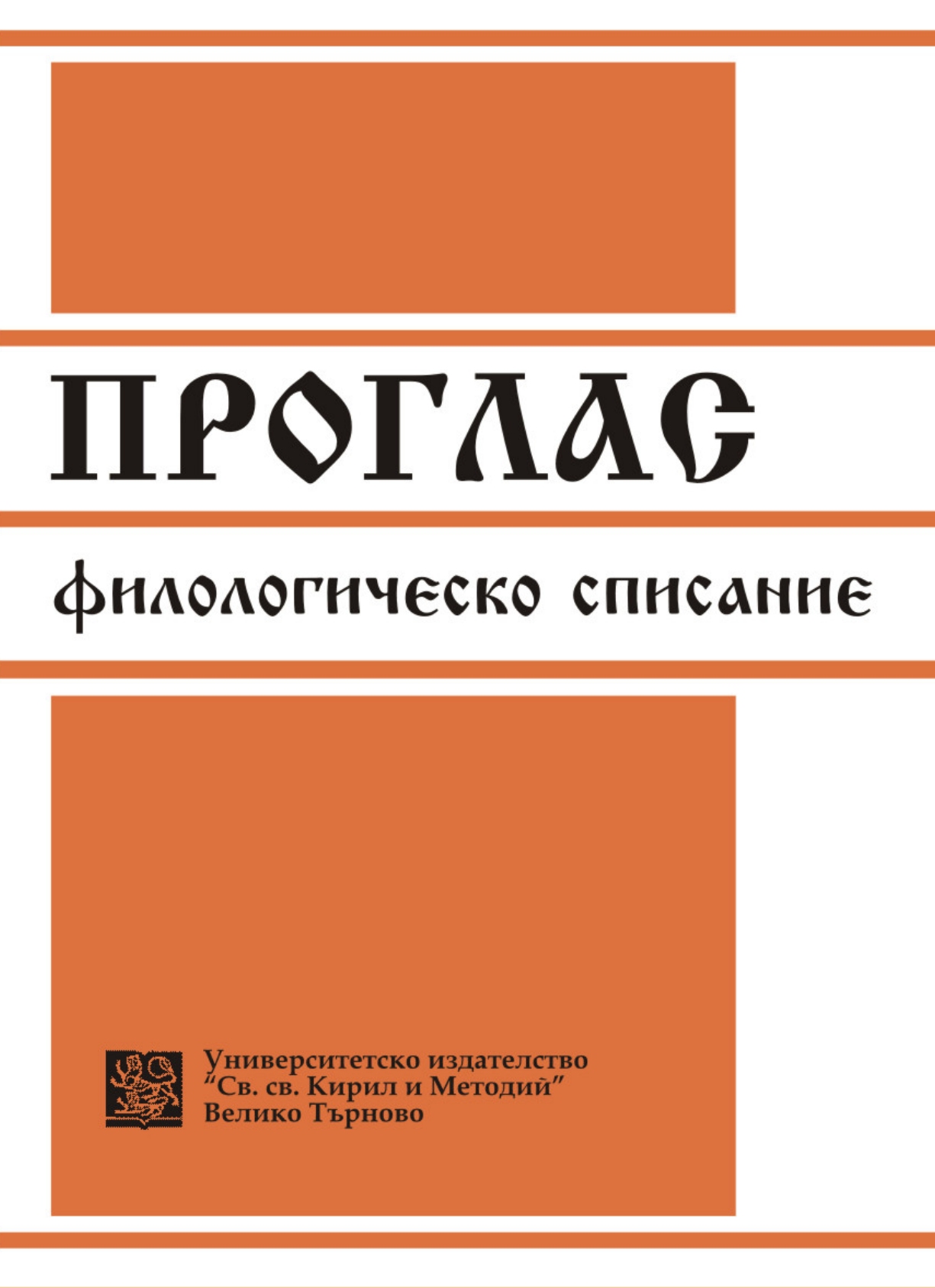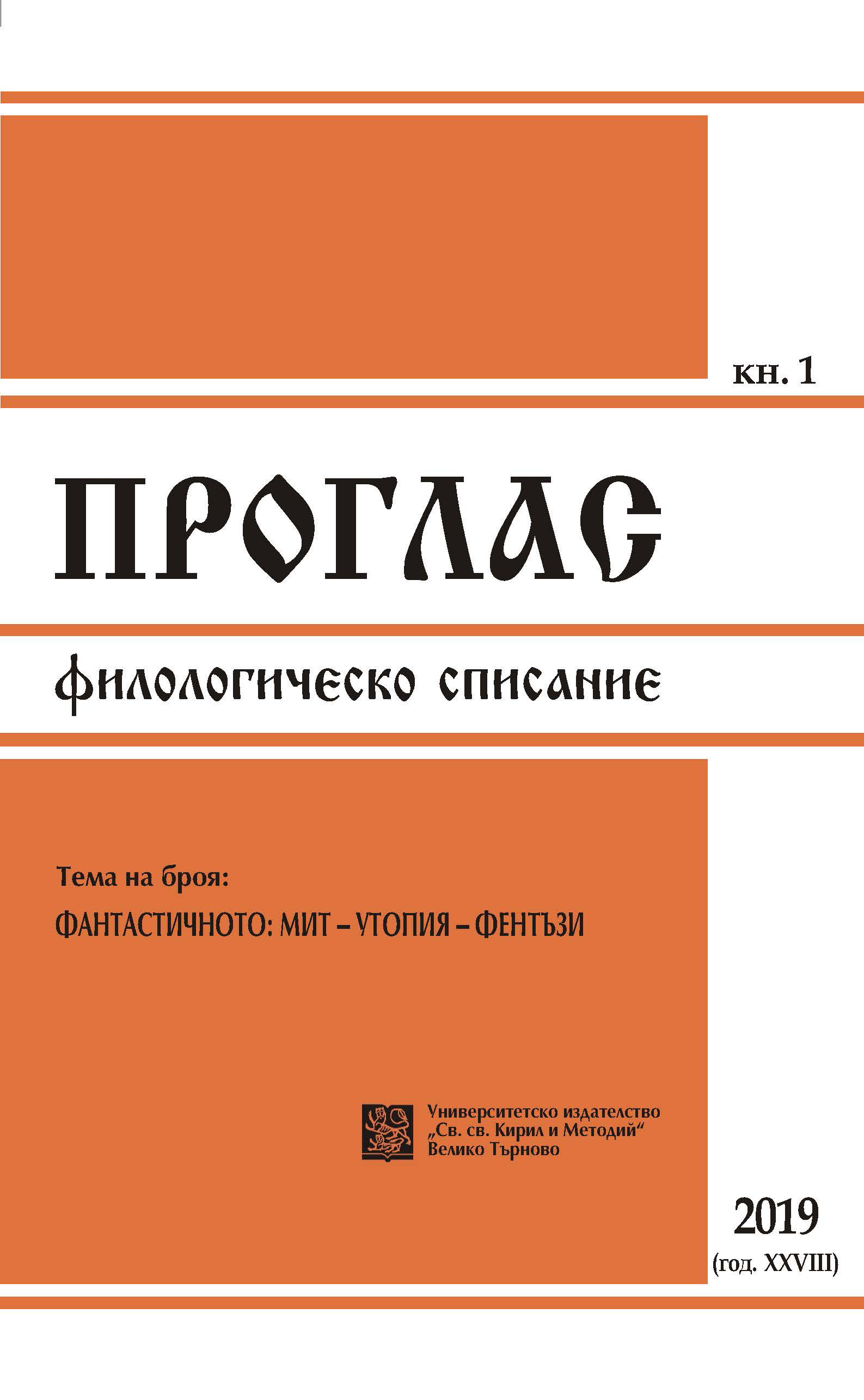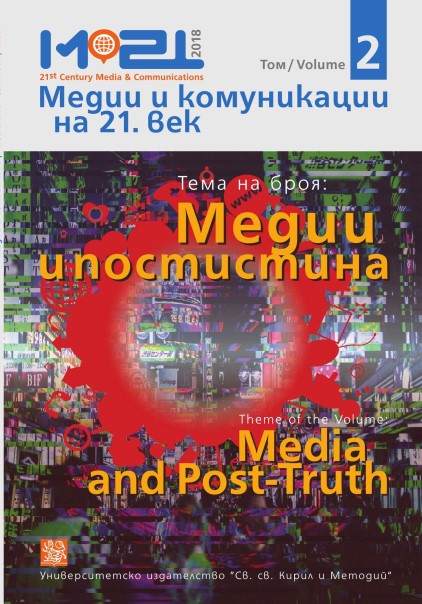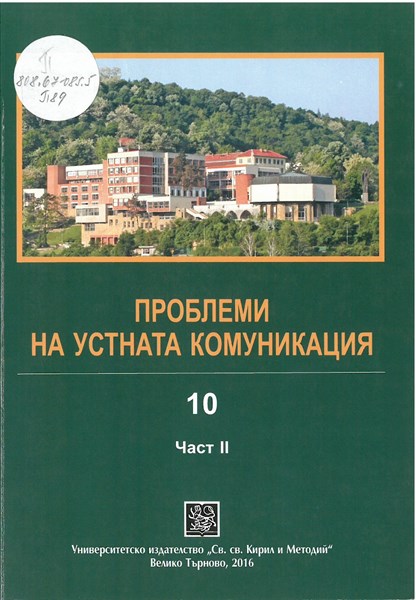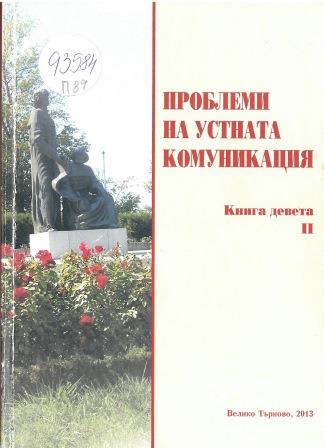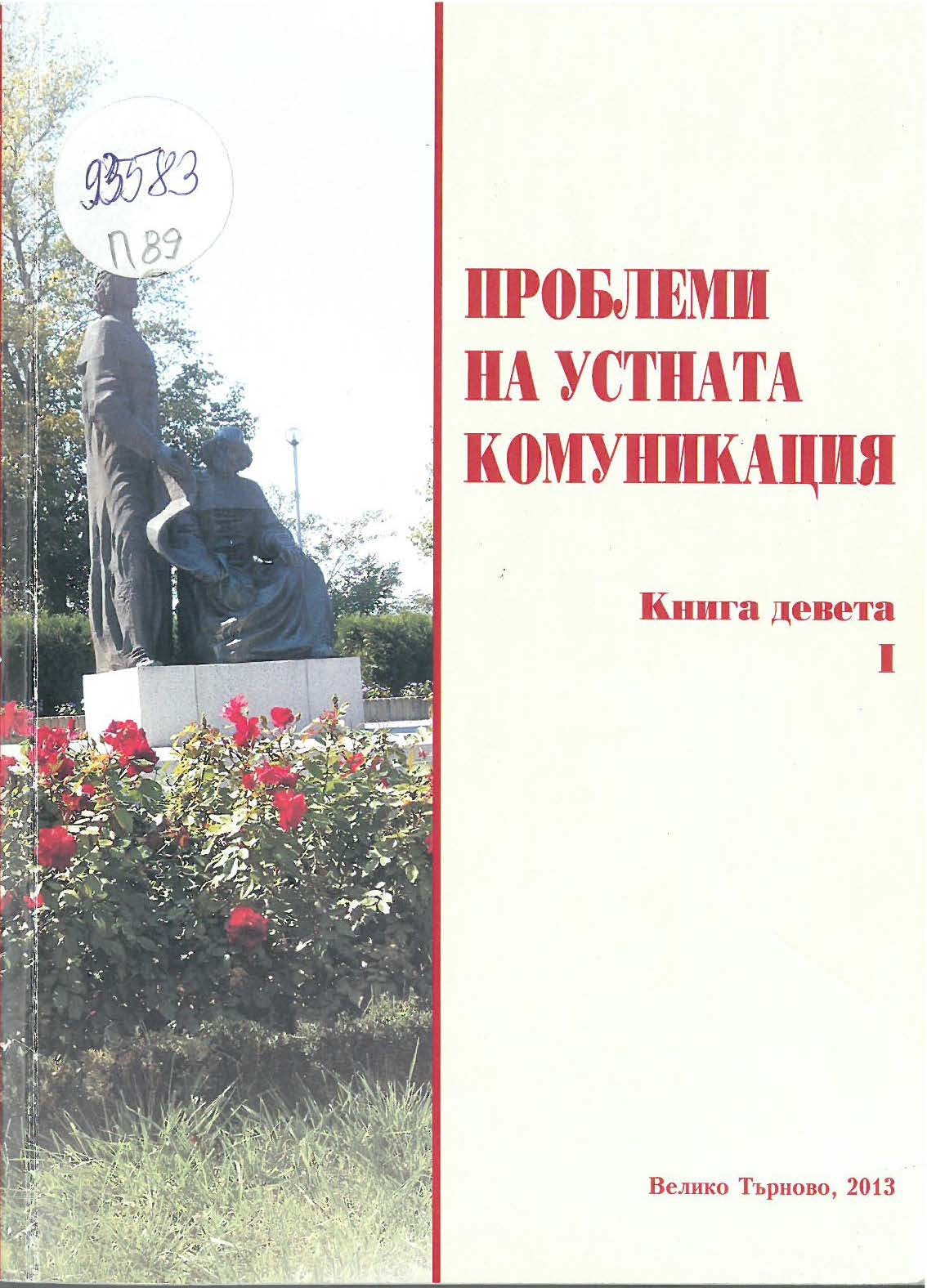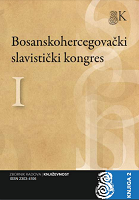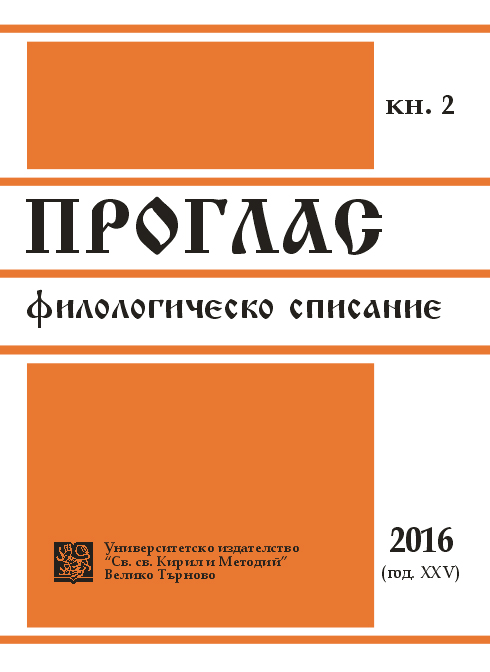
Основни реализации на метеорологични конструкции чрез етимологична фигура в българския фолклор
The paper represents the general types of meteorological constructions, expressed by means of etymological figures in Bulgarian folkloric texts. These are hypotactic phrases, which includе ameteorological phenomenon, expressed with a noun (viatar), and a verb, derived from the same root (vee). The text analyses the morphosyntactic and stylistic features of these constructions and makes a parallel with cognate meteorological structures, found in other Indo-European Languages.
More...
